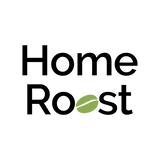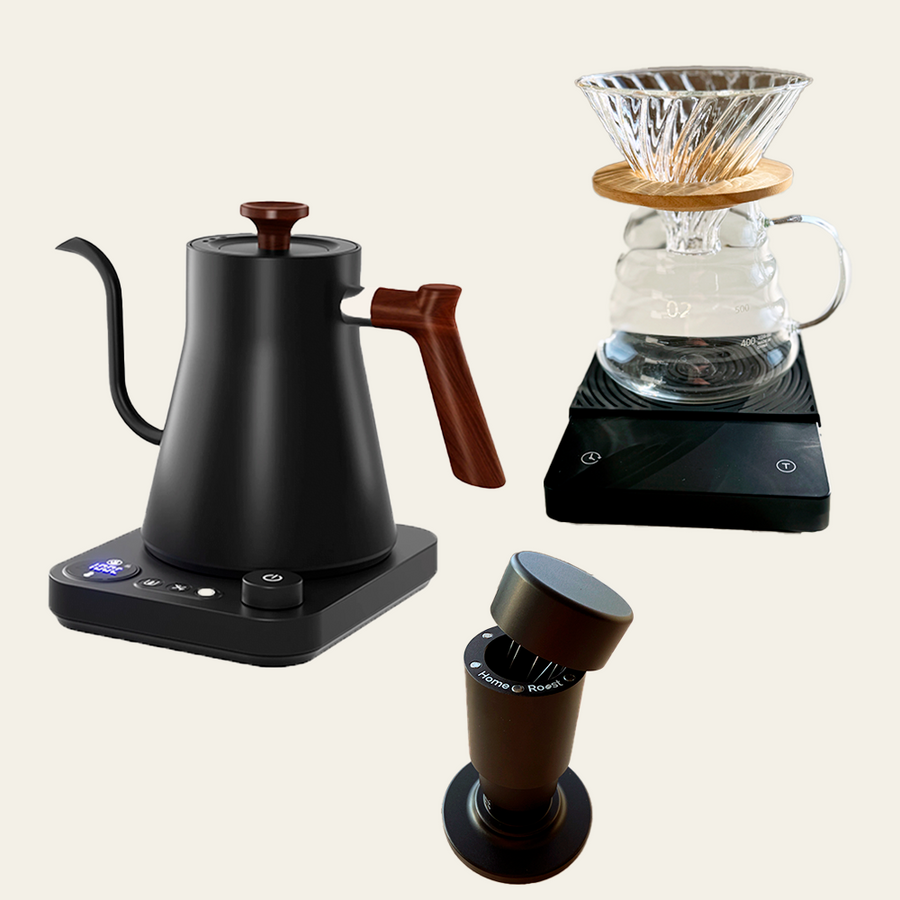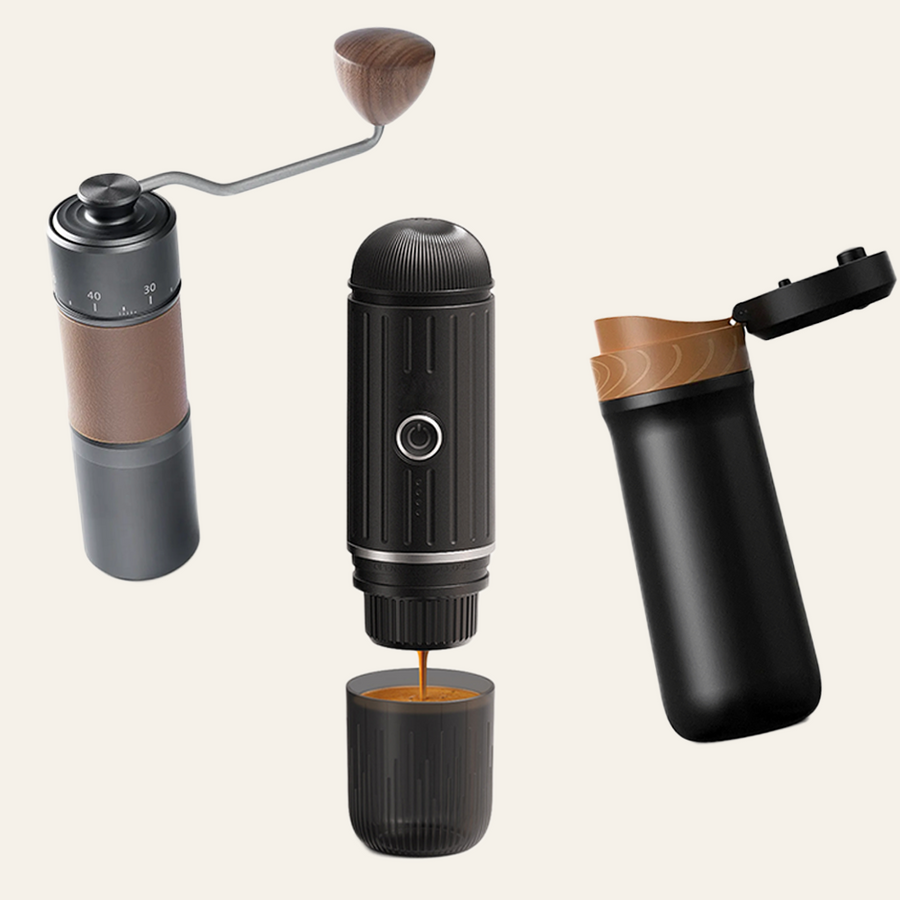
Coffee and Research
Discover how coffee affects cognitive ability, productivity and creativity according to research. Read about both the positive and negative effects of caffeine on concentration and sleep and how balanced consumption can optimise the benefits. Learn more about the science behind coffee at Home Roast.










